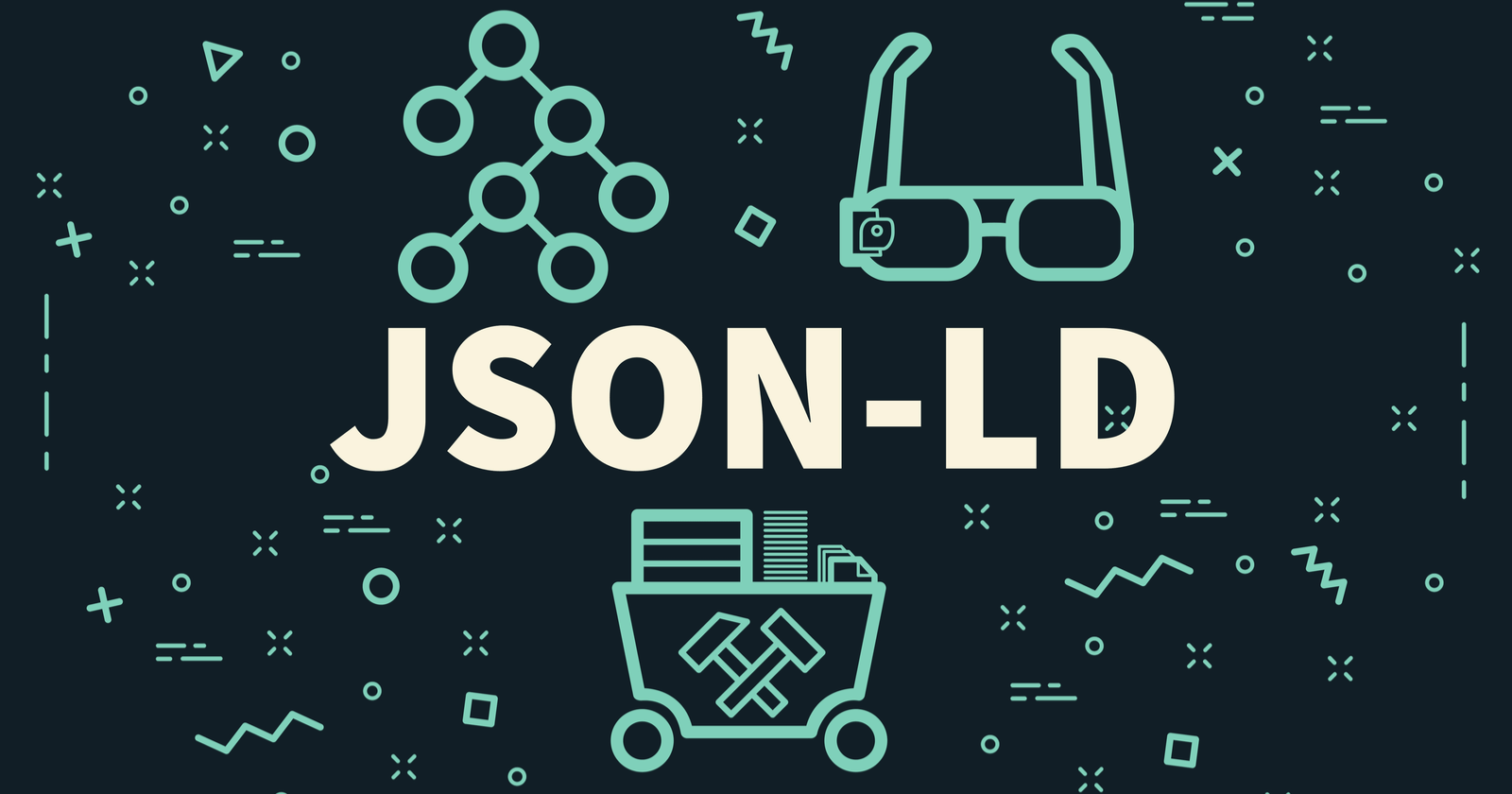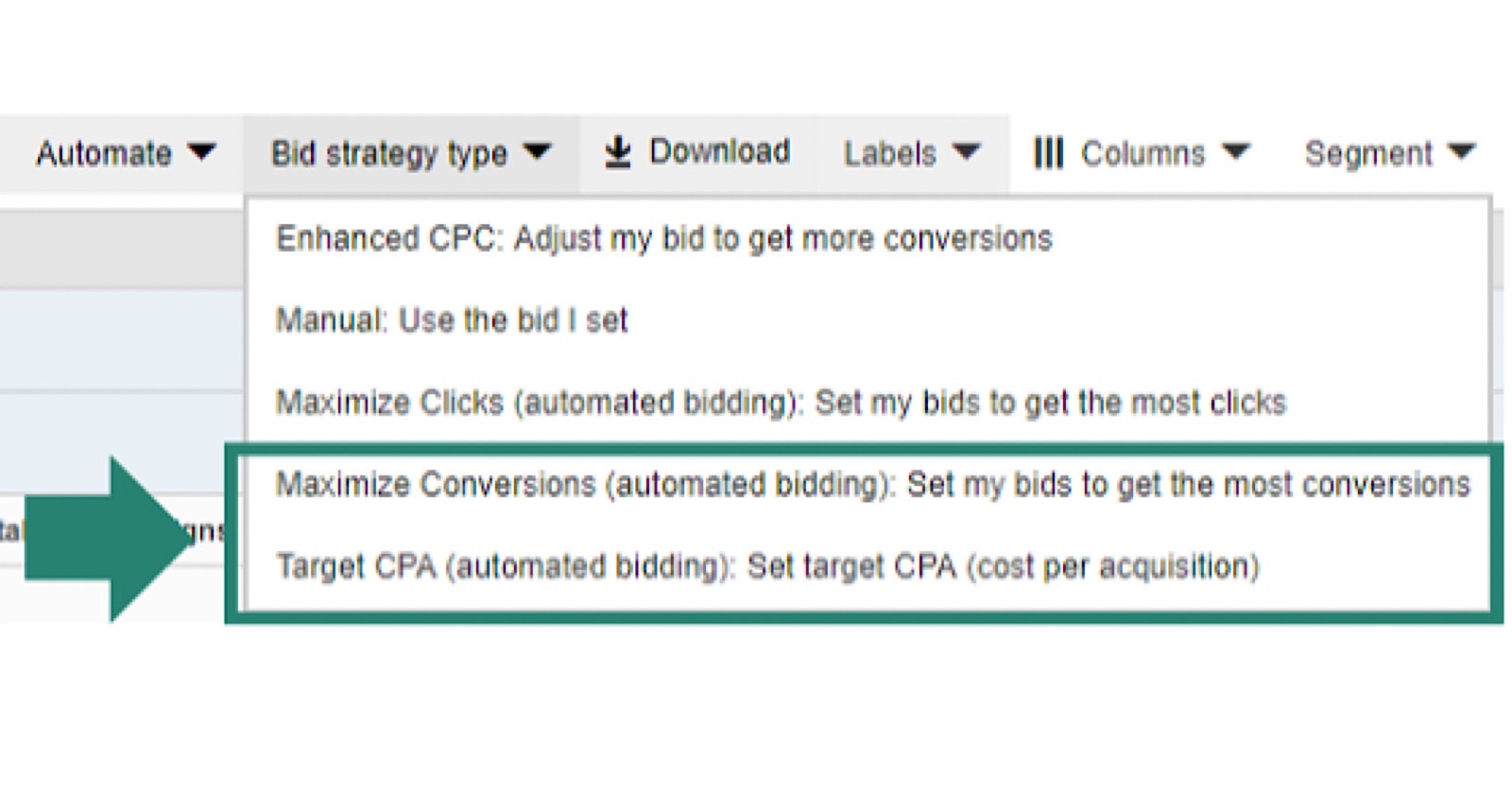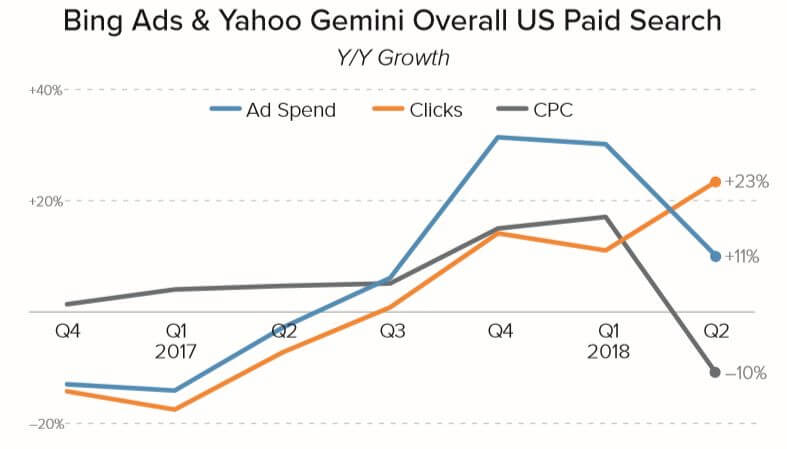|
Gerda Taro, German Born & Jewish War Photographer Get A Google Doodle https://ift.tt/2ApIAZ4
On Google.com is a special Google logo for Gerda Taro. She died at the young age of 26, just a week or so before her 27th birthday, while capturing images on the front line of the Spanish Civil War in July 1937. She is known as the "the little red fox" for being the first female to photograph on the front lines of a war. She died on July 26, 1937 from her wounds while capturing the Republican army retreat at the Battle of Brunete. She was born on August 1, 1910 in Stuttgart, Germany and had to flee the country when Hitler and the Nazi party took control. She was born into a middle-class Jewish Galician family and thus didn't really see eye-to-eye with the Nazi party. In 1933, she was arrested and detained for distributing anti-Nazi propaganda. Google wrote: Though she was tiny in stature, Gerda Taro had the heart of a giant. Known as “the little red fox,” the ginger-haired photographer fearlessly turned her camera lens to capture sensitive and critical images of conflict around the world, producing powerful black-and-white images that informed readers of the newspaper Ce Soir. In fact, Taro is considered to be the first female journalist in the world to cover the front lines of conflict. She moved to France in moved to Paris in 1934. In her short 26 years, she really left a legacy for her name. You can read about her on Wikipedia. Forum discussion at Twitter. SEO via Search Engine Roundtable https://ift.tt/1sYxUD0 July 31, 2018 at 07:32PM
1 Comment
https://ift.tt/2mXnTdk
Google to Add Q&A, FAQ, and How-To Features in Search Results by @MattGSouthern https://ift.tt/2Kc8sXX  Google previewed three new features coming to search results dedicated to Q&A, FAQ, and how-to content. These upcoming features were announced by Google’s Gary Illyes at Google Dance Singapore. An SEO names Akhil Agarwal alerted us about the announcement on Twitter.
From what I can tell by looking at the photo, Google will be highlighting Q&A, FAQ, and how-to content with customized rich results. According to the example, the rich results will appear at the top of the page, similar to how featured snippets are displayed. These result types look like they will take up most of the screen. Given that each result type contains drop-down menus, they could very well end up being expanded across multiple screens. The biggest unanswered question is – will Google render these rich results on its own? Or will Google rely on structured data markup implemented by the site owner? Google recently introduced a new type of structured data for marking up tables, so it’s conceivable that Google may be planning to introduce more types of markup in the near future. Another question is – how will this affect publishers? The more content that’s displayed in search results, the less of a need there is for people to click-through to the actual web page. With that in mind, if these result types are dependent on structured data, would it even be worth implementing? If these result types are automatically generated, will publishers be able to opt out? Those are all questions that need answering when these rich results officially go live in Google search results. SEO via Search Engine Journal https://ift.tt/1QNKwvh July 31, 2018 at 06:13PM Google Rolls Out New Markup for Displaying Data Tables in Search Results by @MattGSouthern7/31/2018
https://ift.tt/2KgsOPY
Google Rolls Out New Markup for Displaying Data Tables in Search Results by @MattGSouthern https://ift.tt/2OzeMMD  Google has introduced a new type of schema markup for displaying data tables directly in search results. This markup is intended to be utilized in news articles by data journalists. Although it can be used on any dataset, regardless of the publisher. Some examples of what qualifies as a dataset, according to Google, are:
Google aims to make data easier to discover, as well as make it clear to searchers that an article or document contains a potentially useful dataset. It’s not easy for Google to detect and understand tables of data, so it’s up to site owners to communicate which information is most useful by utilizing the new dataset markup.
Google says it has already begun working with 30 of the top data journalists in the world in an effort to implement this structured data markup. One of the participants is ProPublica, who claims that adding the markup “trivial” compared to its potential usefulness. For more information about how to implement dataset structured markup, see Google’s developer documentation. SEO via Search Engine Journal https://ift.tt/1QNKwvh July 31, 2018 at 06:13PM
https://ift.tt/2Apk626
Bing Webmaster Tools Now Supports JSON-LD by @MattGSouthern https://ift.tt/2vp9Fpw  Bing has introduced JSON-LD support as part of Bing Webmaster Tools. Users can now validate their JSON-LD implementation by logging into Bing Webmaster Tools and using the Markup Validator tool, which can be found in the Diagnostics and Tools section. Following the inclusions of JSON-LD, Bing’s Markup Validator now supports six markup languages:
From the official announcement:
Bing emphasizes the benefits of using JSON-LD, explaining how it can be implemented without modifying the HTML content of pages. JSON-LD can also be hidden in the header, body, or footer of a page.
The versatility of JSON-LD is exactly why webmasters should be proactive with respect to ensuring the markup is valid. Lastly, Bing reminds site owners that putting spam data in JSON-LD markup can affect a page’s presence in search results. JSON-LD markup may not be visible on a page, but it is still visible to search engines. SEO via Search Engine Journal https://ift.tt/1QNKwvh July 31, 2018 at 04:48PM
https://ift.tt/2KewNwm
Merkle: Search ad spending growth slowed again across Google, Bing & Yahoo in Q2 2018 https://ift.tt/2vooYyS
After two strong quarters, the slower growth for Bing and Yahoo in Q2 came from lower CPCs for both Bing Product Ads and text ads. Google search spend growth slowed for the third straight quarter, driven by lower click volume. Google search ad spending grew 18 percent, while Bing and Yahoo search ads spending increased by 11 percent year over year. Mobile devices (phones and tablets) generated 60 percent of total search ad clicks. Apple’s iOS devices and desktop Safari browser drove 47 percent of Google search ad clicks in Q2. Google CPCs increasing faster than click volumeOverall, Google ad spend increased by 18 percent year over year, which represents the third straight quarter of slowing growth. CPCs rose 10 percent, outpacing 7 percent growth in clicks. Factors attributing to higher CPCs include higher brand click costs; a higher share of clicks coming from the top two ad positions, which tend to have higher CPCs than those in lower positions; and falling share of clicks from Google Search Partners, which also have lower CPCs. Phone spending increased by 37 percent. Desktop spending growth slowed to 12 percent, a seven-quarter low. Merkle says that despite CPCs rising faster than ad click volume — and non-brand text ad minimum bids rising by roughly 20 percent over last year — revenue per click has increased across key segments, due in part to audience targeting capabilities. The agency says 37 percent of Google search ad clicks were impacted by specific audience targeting, including retargeting lists for search ads RLSA, customer match and similar audiences. Google Shopping continues to grow at a faster pace than text ads. Ad spend on Shopping increased by 31 percent compared to 6 percent on text ads. With the context that Merkle’s clients skew large retailer, Shopping ads accounted for 59 percent of the clients’ Google search ad clicks in Q2. Showcase Shopping ads drove 4.4 percent of phone clicks among participating retail advertisers, up from 1.6 percent in Q4 2017. Bing Ads & Yahoo Gemini CPC dropMerkle continues to report on these platforms together, as Bing still delivers ads on a share of Yahoo search inventory. A sharp drop in CPC growth from 17 percent in Q1 2018 to negative 10 percent in Q2 2018 trended across device types. Brand CPCs, which spiked by more than 40 percent a year ago, grew by just 9 percent year over year in Q2. Bing Shopping campaigns saw mobile drive click volume growth to 143 percent year over year, yet Shopping spend growth slowed from 64 percent to 40 percent as a result of falling CPCs. Shopping CPCs dropped by 43 percent year over year. Bing Product Ads accounted for 33 percent of Bing paid search clicks. Amazon ads out-converting Google Shopping by a wide marginIt’s worth mentioning some of the Amazon advertising stats Merkle includes in the report. While traditional search ad spend growth slowed, Amazon Sponsored Products spend grew by 165 percent year over year, and Amazon Headline Search Ads grew 162 percent among Merkle clients. Clicks from both Amazon ad products converted roughly 3.5 times better than Google Shopping ads. Amazon Sponsored Products and Headline Search Ads link to product pages within Amazon. About The AuthorGinny Marvin is Third Door Media's Associate Editor, assisting with the day to day editorial operations across all publications and overseeing paid media coverage. Ginny Marvin writes about paid online marketing topics including paid search, paid social, display and retargeting for Search Engine Land and Marketing Land. With more than 15 years of marketing experience, Ginny has held both in-house and agency management positions. She can be found on Twitter as @ginnymarvin. SEO via Search Engine Land: News & Info About SEO, PPC, SEM, Search Engines & Search Marketing https://ift.tt/1BDlNnc July 31, 2018 at 03:28PM
https://ift.tt/2KbnIcF
SEO for boring products https://ift.tt/2NWpQm4 By SEO for boring products, we mean SEO for products that are impossible to write exciting content for. Products that need a thousand words to describe all tiny details and small print, but are, in the end, just car insurances, paper clips or emergency exit signs. We have all had or have been that customer that just could not come up with the right, engaging content. Sometimes it’s just hard to write something that makes sense about a product, from your own perspective. In this article, we’ll explain how to approach SEO for boring products!  Info
Info
First: get the basics rightRegardless of what product you’re selling, you always need to make sure that the basics of SEO for your site are right. That means that you’ll have to put some decent effort into:
You’re in luck. At Yoast, we offer SEO courses for every one of those aspects. Or you could start out with our Basic SEO training and take it from there. And if you are using WordPress, install our Yoast SEO plugin and we’ll cover a lot of these basics for you. So far for commercial messages. Are your products boring, to begin with?Sometimes we feel like a product is boring, but in the end, it really isn’t. We’re not selling insurance; we’re selling safety. You’re not selling paper clips; you’re cleaning up or organizing a messy office desk. A hammer isn’t used to drive in a nail; we’re using it to hang a painting. If you look closely at the goal of your product for the end user, you might find that, even though your technical specs might be boring, there is still an engaging story to tell. SEO for boring products could be less about the product itself, focusing instead on the purpose of the product. That’s just the first step. Don’t be modest about your products, but look at them from your customer’s angle. The product category, not the productEven with the purpose of your product in mind, we understand that it’s incredibly hard to write engaging content for every one of your 1,500 types of screws. Yes, some may have other uses than others, but in the end, a screw is a screw. When it’s hard to optimize every single product page (I’m not saying it’s impossible), you could take a closer look at your category page instead. The same rules apply: look at your product category’s purpose, not at the actual products. We’re knitting a scarf, not selling threads of wool here. Content ideas for boring contentContent used for SEO for boring products could be just informative. But it should also be content that people want to link to and share on social media. So, perhaps you could also think along the lines of more entertaining content, like a funny product video. We see a lot of these nowadays, right? Besides that, keep in mind that your product page isn’t the only place on your website that’s suitable to inform people about your product. You could have general pages about your company that are suitable for product promotion. And what about your blog? Your blog is an excellent spot to talk more in-depth about your products, like we do on our blog about our courses and plugins. A blog is obviously awesome to help with SEO for boring products. Learn how to write awesome and SEO friendly articles in our SEO Copywriting training »  Info
Info
Here are some content ideasThe input for these pages can be found everywhere. And can be quite diverse.
SEO for boring products is about making a product less boring by focusing less on the product and more on the visitor/customer and the reason they need your product. These stories, combined with a solid SEO base and an engaging social media strategy will help you a lot. Good luck optimizingThe last thing that I would like to mention, is that there is a real opportunity here. If you manage to make your SEO for boring products work, if you manage to create engaging content for products that you thought were dull and uninteresting, this is going to give you an edge on your competitors. You are not alone in finding it hard to come up with that content. All your competitors are probably struggling as well. Get creative! Good luck optimizing. Read more: Product page SEO » The post SEO for boring products appeared first on Yoast. SEO via Yoast • SEO for everyone https://yoast.com July 31, 2018 at 03:25PM
https://ift.tt/2kAEqFY
SearchCap: Google adds dataset schema, Bing maps update, HTTP status code guide & more https://ift.tt/2viYEWO  SEO via Search Engine Land: News & Info About SEO, PPC, SEM, Search Engines & Search Marketing https://ift.tt/1BDlNnc July 31, 2018 at 03:18PM Daily Search Forum Recap: July 31, 2018 https://ift.tt/2M7jU9d Here is a recap of what happened in the search forums today, through the eyes of the Search Engine Roundtable and other search forums on the web. Search Engine Roundtable Stories:Other Great Search Forum Threads:
Search Engine Land Stories:Other Great Search Stories:Analytics Industry & Business Links & Promotion Building Local & Maps Mobile & Voice SEO PPC Other Search SEO via Search Engine Roundtable https://ift.tt/1sYxUD0 July 31, 2018 at 03:00PM Bing Ads Rolls Out Advanced Bidding Strategies: Target CPA & Maximize Conversions by @MattGSouthern7/31/2018
https://ift.tt/2LIKuta
Bing Ads Rolls Out Advanced Bidding Strategies: Target CPA & Maximize Conversions by @MattGSouthern https://ift.tt/2LLaWSf  Bing Ads has rolled out two new advanced bidding strategies, one of which is the most user-requested feature so far this year. Target CPATarget CPA, the feature that users have been clamouring for, optimizes campaigns to generate conversions at a cost-per-acquisition set by the advertiser. Since the CPA is set at the campaign level, advertisers do not have to manage bids for individual keywords or ad groups. A maximum CPC can also be set by the advertiser Maximize ConversionsThis feature aims to do exactly what it says — create as many conversions as possible without exceeding a campaign’s budget. Similar to Target CPA, advertisers set a maximum CPC, but bids for individual keywords and ad groups do not need to be set. Advertisers can get around the inability to manually bid on ad groups and keywords by selecting the “manual bid” strategy type. RequirementsCertain requirements must be met by the advertiser in order to use these features.
Advantages Over Other Search AdsBing emphasizes that these new bidding strategies leverage a unique combination of signals that are only available from Bing Ads offerings.
These new bidding strategies are rolling out throughout the week. Bing recommends testing them on a few campaigns at first and allowing at least 2-3 weeks for its system to learn and achieve bidding goals. SEO via Search Engine Journal https://ift.tt/1QNKwvh July 31, 2018 at 02:45PM
https://ift.tt/2qU1XVp
Google search adds dataset schema support to search results https://ift.tt/2vprqVA 
Google has announced support for datasets markup schema in the Google search results. This makes it possible for searchers to better visualize data represented on a web page directly in Google’s search results. Google explained that “news organizations that publish data in the form of tables can add additional structured data to make the dataset parts of the page easier to identify for use in relevant Search features.” Google added, “News organizations add the structured data to their existing HTML of a page, which means that news organizations can still control how their tables are presented to readers.” Here is what it looks like, with the markup version on the right: 
Google’s developer site explains this is a “pilot” release of this markup. Google wrote:
Around two years ago, Google first announced this as Science datasets in search. Google is now calling them simply “Dataset” and expanding it beyond the science community to any data-driven agency. Here are some examples of what can qualify as a dataset:
About The AuthorBarry Schwartz is Search Engine Land's News Editor and owns RustyBrick, a NY based web consulting firm. He also runs Search Engine Roundtable, a popular search blog on SEM topics. SEO via Search Engine Land: News & Info About SEO, PPC, SEM, Search Engines & Search Marketing https://ift.tt/1BDlNnc July 31, 2018 at 12:16PM |
Categories
All
Archives
November 2020
|






 RSS Feed
RSS Feed
